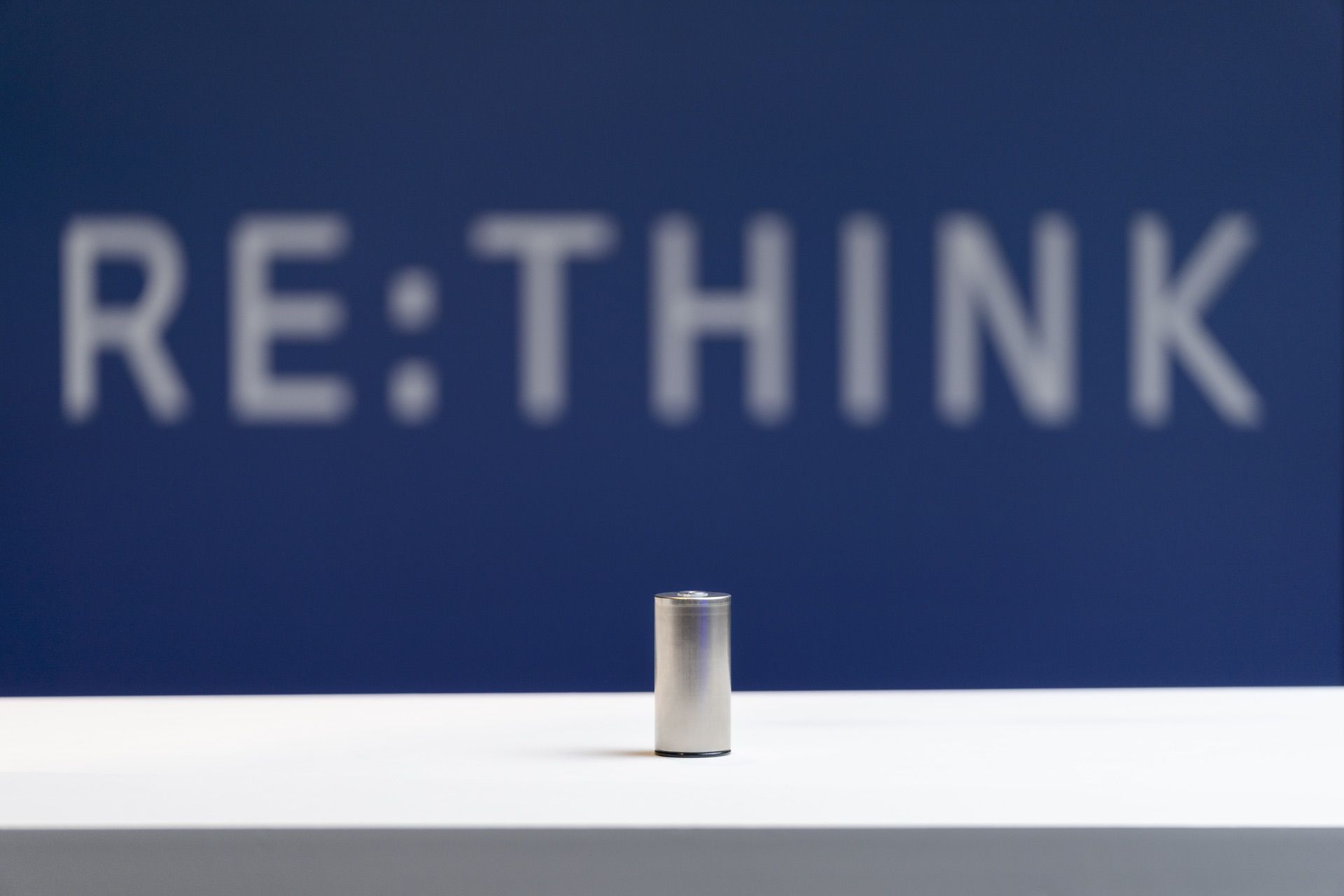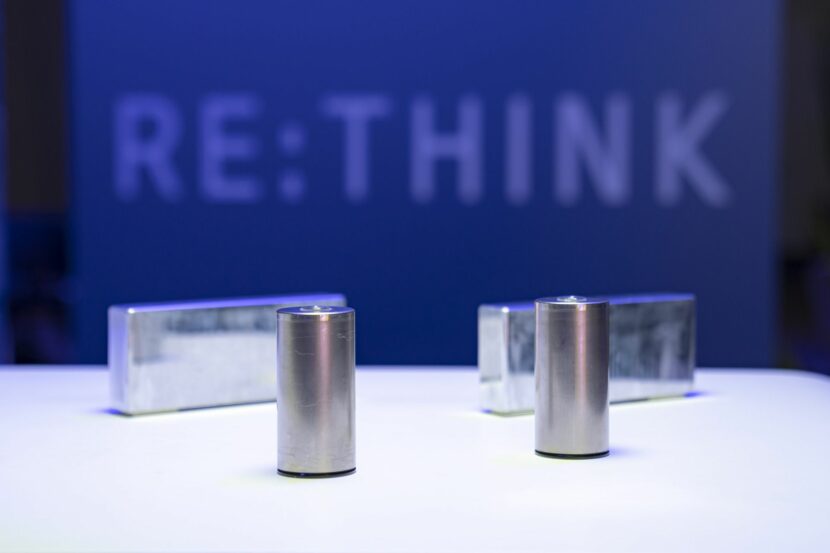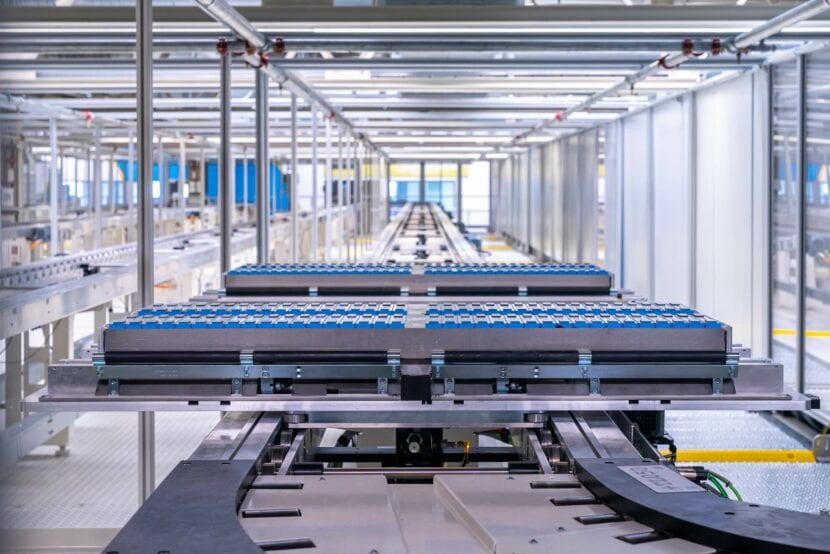According to a report by The Wall Street Journal, BMW has entered into early discussions with Panasonic to provide cylindrical battery cells for their electric vehicles. While Panasonic has been a major supplier of cylindrical-type batteries for Tesla, it is now looking to expand its clientele and build battery plants in North America. WSJ reached out to BMW but the company refrained from commenting on the topic. The outlet also reports that Stellantis might be in talks with Panasonic as well.
BMW is exploring the use of cylindrical cell batteries in its future Neue Klasse electric vehicles and is considering building a battery facility in Canada, the US, or Mexico. According to the report, as political tensions have made it more challenging for Chinese battery makers to operate in the US, BMW is reportedly moving away from its Chinese partner and looking for other potential suppliers. Cylindrical cell batteries are known for their association with Tesla, and the company’s new 4680 cell technology is being touted as a significant breakthrough in battery design, offering improved safety and higher energy density.
Neue Klasse coming in 2025
BMW is introducing a new generation of battery technology, developed internally, to be unveiled in the “NEUE KLASSE” electric vehicles in the 2025 timeframe. The cylindrical cells are a departure from the prismatic battery format BMW has previously used. The batteries will be built in two heights, 46mm by 95mm (4695) and 46mm by 120 mm (46120). Cylindrical batteries offer several advantages over prismatic batteries that BMW will take advantage of. By adapting the 46 mm diameter they’ve landed in the current ‘sweet spot’ for cylindrical batteries.
The cylindrical shape of the batteries offers greater flexibility when it comes to integrating them into the vehicle, which is particularly important in reducing energy consumption caused by less-than-optimal aerodynamics. This shape also provides good range and performance for smaller vehicles, such as BMW’s planned compact sedan, which is expected to be similar in size to the 3 series.
In addition to the cylindrical format, BMW will be utilizing an 800-volt architecture, which will enable much faster recharging from 10% to 80% battery capacity. The company is predicting a 30% reduction in charging times. The use of this architecture will result in less total heat, thinner wiring, lower costs and weight, faster recharging, and better range. The adoption of the 800-volt architecture is crucial, and 800-volt Level 3 chargers are expected to become standard soon.
BMW to build 6 battery production sites
Battery production is crucial for NEUE KLASSE vehicles, which are expected to make up almost 50% of global sales by the end of the decade. In order to meet this demand, BMW has partnered with two existing battery suppliers, CATL and EVE, to establish six battery production sites across three continents, with a combined capacity of 120 Gigawatt-hours. Two factories will be located in Europe, two in China, and two in North America, with one in Mexico and the other in the United States.
[Source: WSJ]







































































